Responsible Consumption & Production
Responsible Consumption and Production
- 12.1.1 Overview
- 12.2.1 Sustainable Food Production at Covenant University
- 12.2.2 Innovative Production Methods
- 12.2.3 Energy-Efficient Production Practices
- 12.2.4 Eco-friendly Packaging
- 12.2.5 Ethical Sourcing and Supply Chain Management
- 12.2.6 Sanitation and Safety
- 12.2.7 Sustainable Waste Management and Recycling
12.2.1 Overview
Covenant University is committed to promoting Responsible Consumption and Production by enacting policies and taking proactive steps towards sustainable development. Through its Strategic Business Unit (SBU) and various sustainability initiatives, the university has achieved significant progress in waste management, ethical sourcing, and resource-efficient practices, thereby aligning its efforts with global sustainability standards.
12.2 Key Achievements Towards Sustainable Consumption & Production
12.2.1 Sustainable Food Production at Covenant University
Covenant University aligns its bread and pastries production operations with Sustainable Development Goal 12 (SDG 12), focusing on responsible consumption and production. The university bakery adopts sustainable practices that minimize waste, optimize resource use, and prioritize eco-friendly operations. By sourcing locally produced grains and ingredients, Covenant University reduces transportation-related carbon emissions, supports local farmers, and contributes to regional economic growth.
The CU bakery which is under the directives of Strategic Business Unit (SBU), actively integrates sustainable practices into helping the university meet environmental, social, and economic sustainability objectives.
12.2.2 Innovative Production Methods
To tackle food waste, the bakery employs creative recycling strategies, such as repurposing unsold bread into new recipes or animal feed. Excess ingredients are also reused for other products, ensuring minimal waste and maximum efficiency. These sustainable techniques not only benefit the environment but also educate students and staff on the importance of sustainability in the food production sector.
The university’s bakery and pastry units adopt the following methods that align with responsible production by:
- Measuring ingredients precisely to minimize waste.
- Utilizing batch baking schedules to avoid overproduction.
- Repurposing unsold or surplus goods into new recipes or donations.
- Using energy-efficient ovens and mixers to reduce energy consumption.
- These measures ensure that waste is minimized, resources are optimized, and sustainability remains central to all operations.
12.2.3 Energy-Efficient Production Practices
The bakery utilizes state-of-the-art, energy-efficient equipment, including high-efficiency ovens and mixers, which reduce energy consumption without compromising product quality. Computerized systems monitor energy use, enabling continuous optimization of the production process. This results in lower operational costs, reduced waste, and a smaller carbon footprint—proving that sustainability and profitability can go hand in hand.
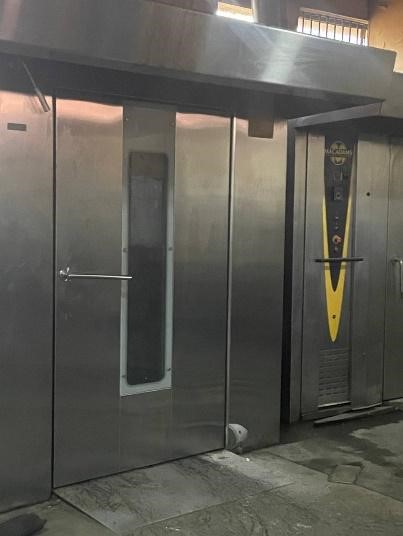
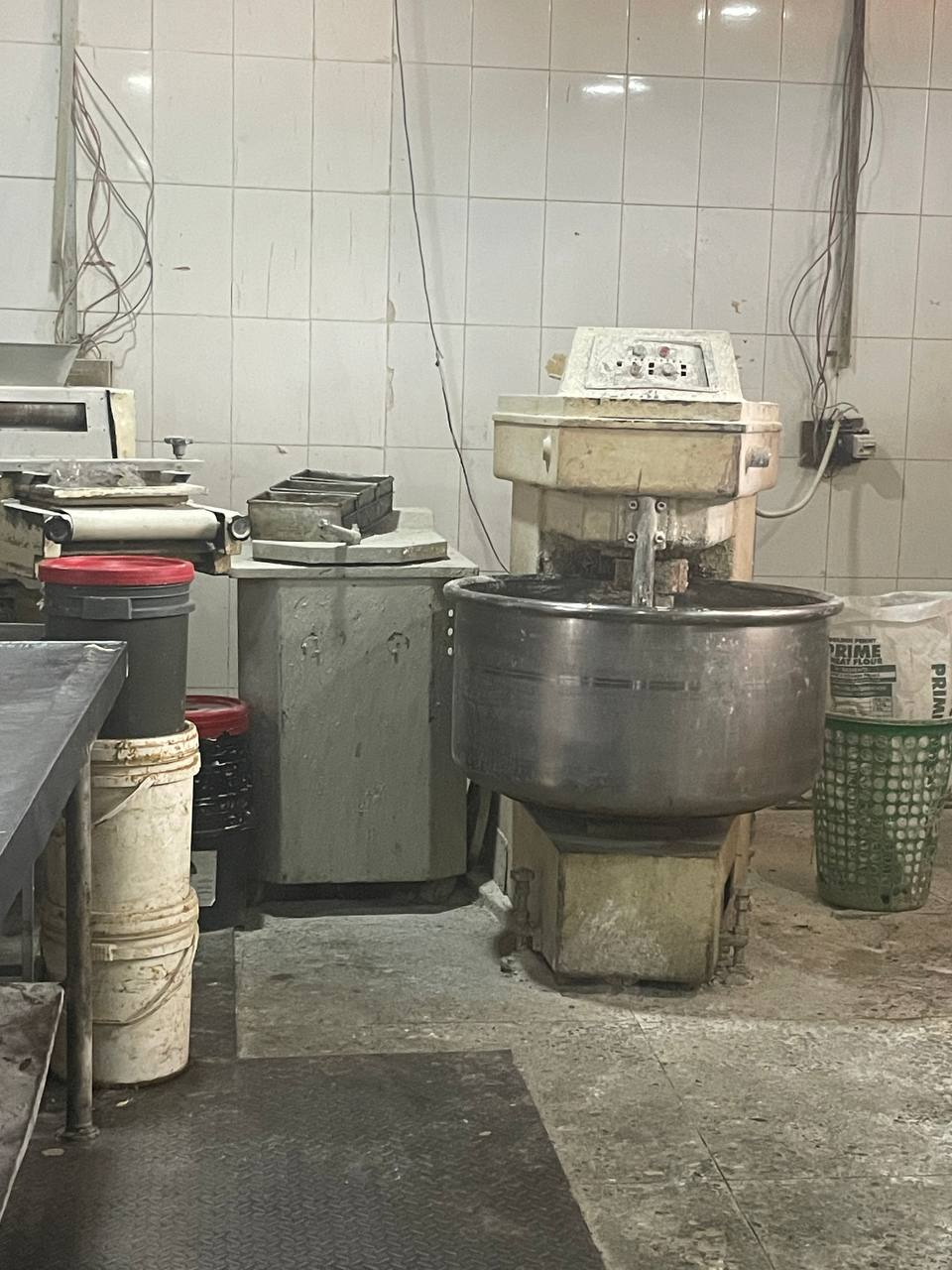
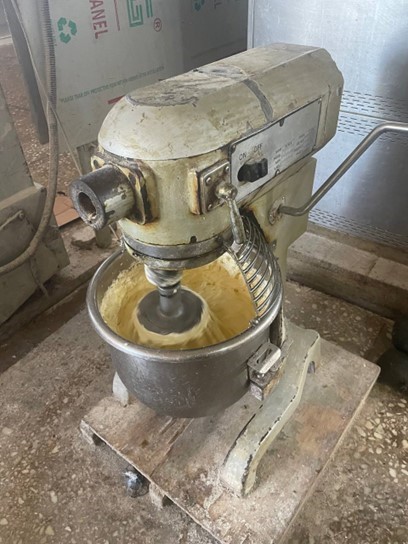
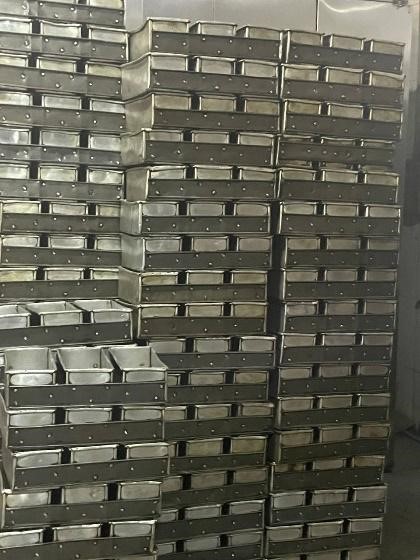
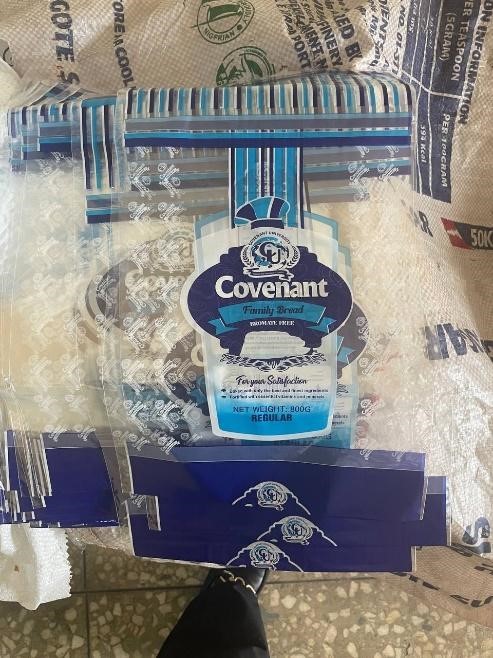
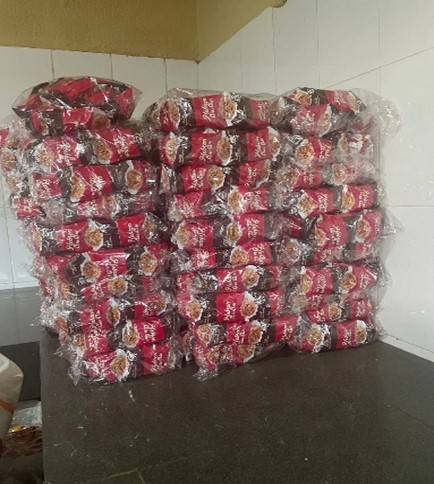
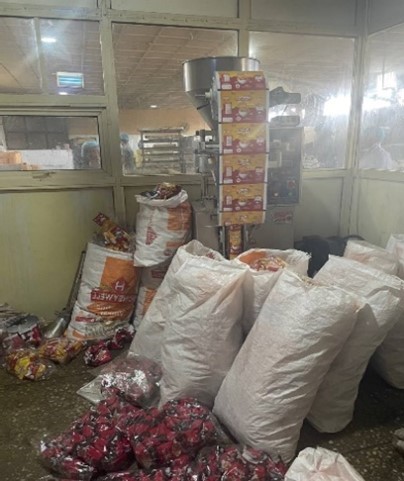
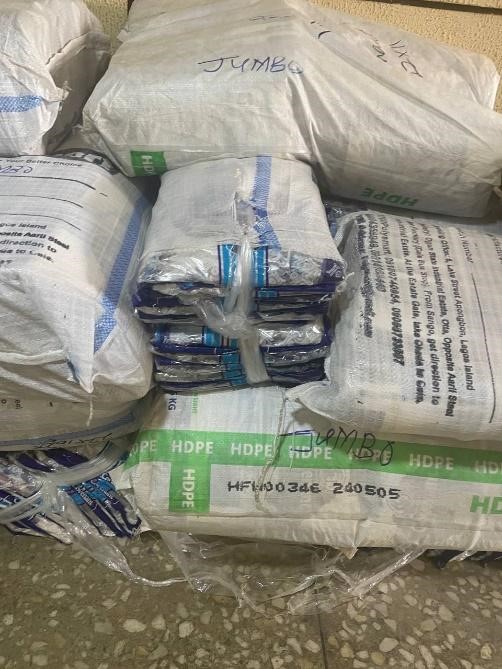
12.2.4 Eco-friendly packaging
In line with its commitment to sustainability, Covenant University uses recyclable and biodegradable packaging materials for its bread products. By avoiding single-use plastics and prioritizing environmentally friendly packaging, the university not only minimizes its ecological impact but also inspires students and staff to adopt eco-conscious habits. Clear labeling further empowers consumers by highlighting ingredients and sustainable practices, encouraging informed and responsible choices.
12.2.5 Ethical Sourcing and Supply Chain Management
Covenant University’s Strategic Business Unit (SBU) promotes sustainability by sourcing ingredients both from its on-campus farms and local suppliers, aligning with “SDG 12 – Responsible Consumption and Production”.
Ingredients like wheat, eggs, dairy, fruits and vegetables are produced within the university, while additional supplies such as sugar, Oils and specialty grains are sourced from nearby communities to support local economies. This blended sourcing reduces environmental impact, ensures quality, and fosters responsible production while promoting sustainable consumption practices across the university community.
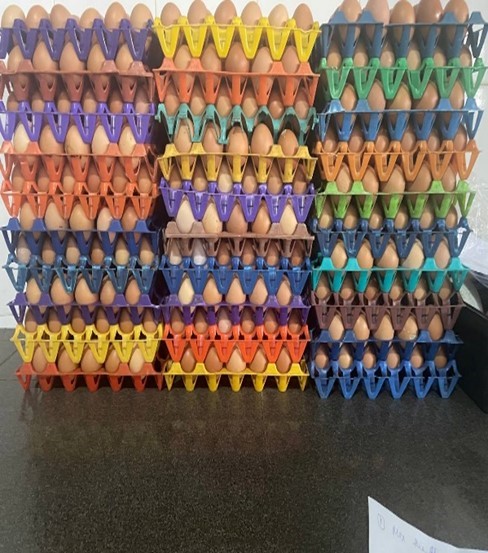
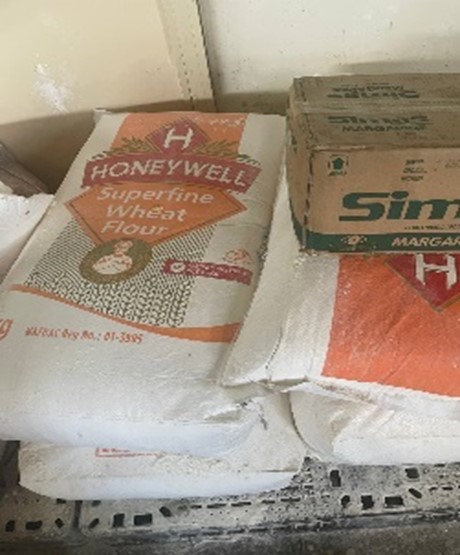
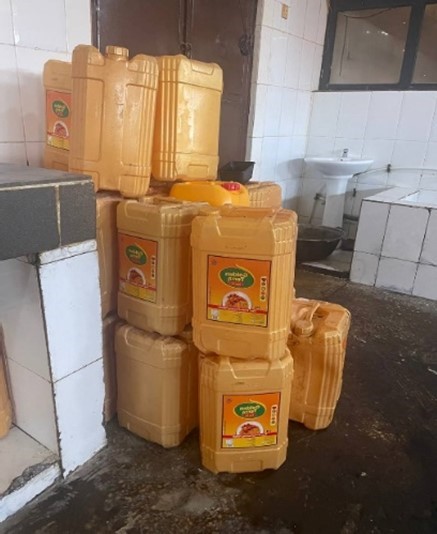
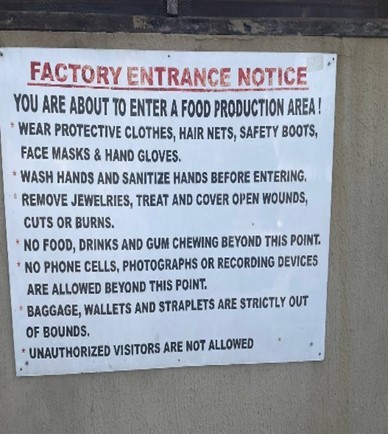
12.2.6 Sanitation and Safety
The sanitation and safety practices at Covenant University’s Production Unit supports responsible production by implementing hygienic processes that minimize waste and protect health and the environment. Regular cleaning prevents contamination, while eco-friendly cleaning agents reduce chemical pollution. Proper storage maintains ingredient and product freshness, and safety protocols enhance operational efficiency, ensuring sustainable production and high-quality, safe goods for consumers.
12.2.7 Sustainable Waste Management and Recycling Initiatives
Covenant University has implemented various waste management policies that emphasize recycling, reuse, and waste minimization. A standout initiative is the Waste-to-Wealth (W2W) project, which targets the recycling of PET bottles, paper, and food waste. In collaboration with Alkem Nigeria Limited, the university collects and bails PET bottles for recycling. Payments for these materials are made to the university’s Waste-to-Wealth account, contributing to financial sustainability.
